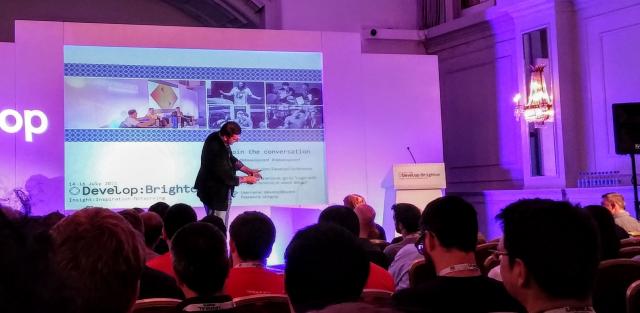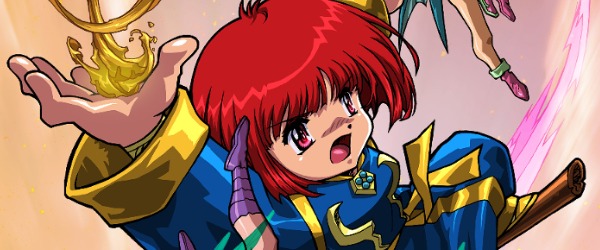
Develop Conference 2015 - Day 2 Highlights - Article
by VGChartz Staff , posted on 18 July 2015 / 3,525 ViewsRandy Pitchford - Why We Fight - Opening Keynote

Gearbox’s CEO, Randy Pitchford, was the key speaker of Develop Day 2. He came out onto the stage strong, wryly explaining that he’s the man behind the “hugely successful and critically acclaimed Duke Nukem and Aliens: Colonial Marines”. It was refreshing to hear a man of his calibre talk about his own failings - something most figureheads in the industry avoid at all costs.
Anyway, the reason Gearbox fights? “Gearbox software exists to entertain the world” was Pitchford’s answer. Expanding on the word “entertain”, Pitchford explained that the word to him meant commoditising people's happiness. Whilst he admires doctors, police officers, and those who provide other essential services, Pitchford reiterated the importance of video game companies' jobs - to entertain people and give them something to look forward to when they get home after a long day of work.
Whilst his talk was fairly loose and unplanned, he entertained the audience with magic tricks, which came to represent how the gaming audience feels about Gearbox's games; Pitchford said that out of the 300 people in the room, some 50% of the audience would think about his tricks again. Of this 50%, 10% would be angry about the trick, but would ignore it. 4% of that 10% would be so angry they would message him or want to ruin it.

For Pitchford, managing to evoke an emotion from people is better than being ignored, as it means his trick (or game) has touched people in some way. Pitchford gave an example of a fan who has emailed him directly every week since 2009, so incensed was he that the original Borderlands' art style was changed from a realistic one to a more cartoony one.
An open Q&A was held afterwards, and Pitchford remarked that “failure is more profitable than success” in gaming, by which he meant that failure gives you things to learn from, whereas success tricks you into thinking you’ve done everything correctly. He used the analogy of a child who makes a tower of blocks which is knocked. He will probably rebuild it and it'll be better than the first one, but a child whose blocks are untouched and fine will never iterate.
Regardless of how you feel about Gearbox as a company and its often controversial mistakes, Pitchford as an individual and figurehead came across as an immensely interesting person; he has a lot of stories to tell about this industry which he seems to avidly love.
Phil Elliot - Sharing Learnings so far From the Square Enix Collective

Phil Elliot, head of the Square Enix collective, gave an informative presentation on what he has learned so far whilst heading the indie side of Square Enix. For the most part, it’s been successful, ad Elliot noted that 5 out of the 6 games pitched and marketed by Square have been successfully funded.
Elliot quoted some interesting titbits, such as the fact that backers prefer USD as a currency to any other, and people seem to be more cautious of Great British Pounds (GBP) and Canadian Dollars (CSD). He also noted that people are far more willing to back games on Kickstarter than on its rival site, IndieGoGo.
He ended on the note that coverage does not always equal backing, and emphasised that developers have to push hard to promote their Kickstarter campaigns on the right sites. For example, one of the Square Enix collective games was featured in an article on Polygon, The Guardian, and other highly-read websites. However, this only resulted in $500 of extra funding. When a dedicated fan site picked the game up and covered it, however, they generated $8,000 of additional funding.
Dan Da Rocha - Five Years as an Indie

Dan Da Rocha, developer of Qube and Hue, took to the stage to explain how things have changed since he first became an indie developer five years ago. During this time we’ve had the mobile boom, the impending VR revolution, and increased funding avenues. A huge change that many of us have forgotten is the fact that most popular game engines have become free for the vast majority of developers; a massive advantage that has only helped in democratising the indie arena.
He was vibrant on stage and fun to listen to, explaining that in order to be successful it’s best to stay relevant by investing money in the future. Rocha made sure to emphasise the fact that most successful indie developers of the last five years are re-investing their profits into their next projects, which means we're likely to see a new 'double A' market.
Dan Da Rocha’s next game, Qube, is releasing on Xbox One and PS4 next week.






















